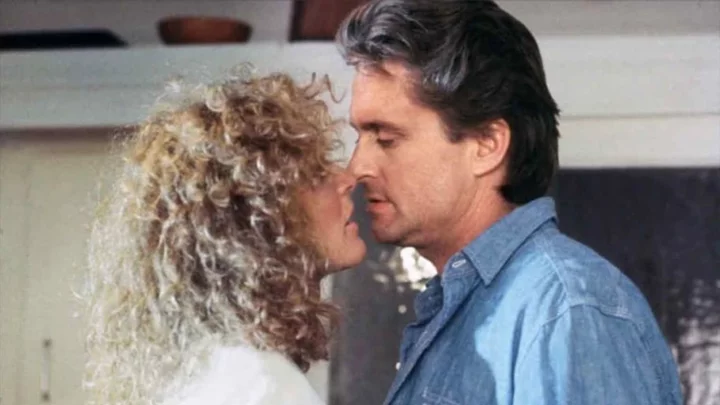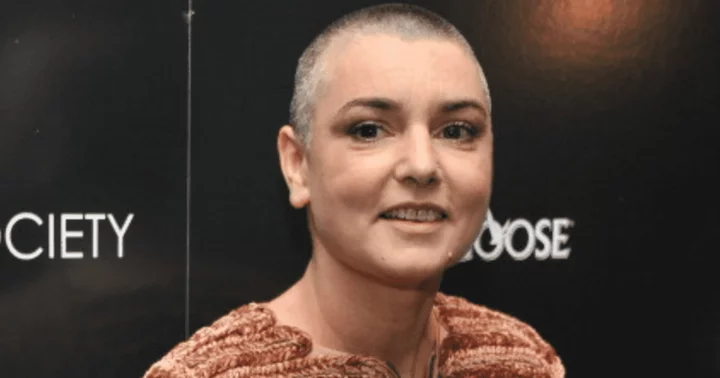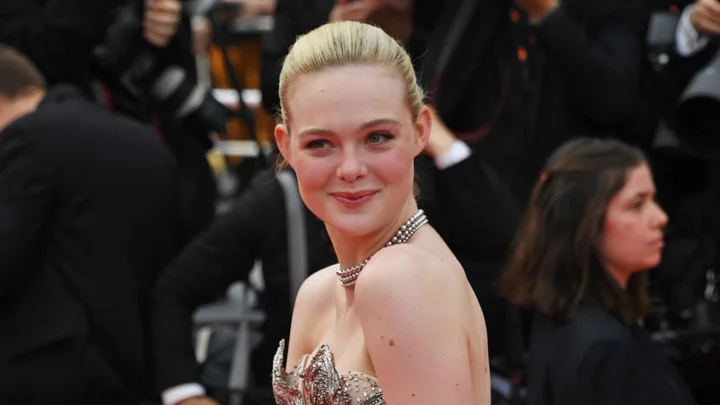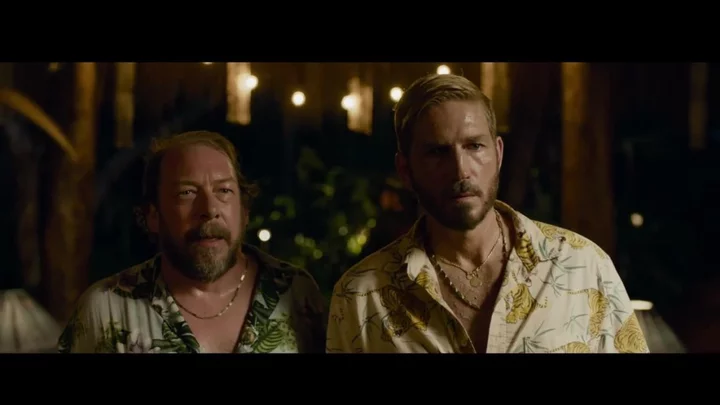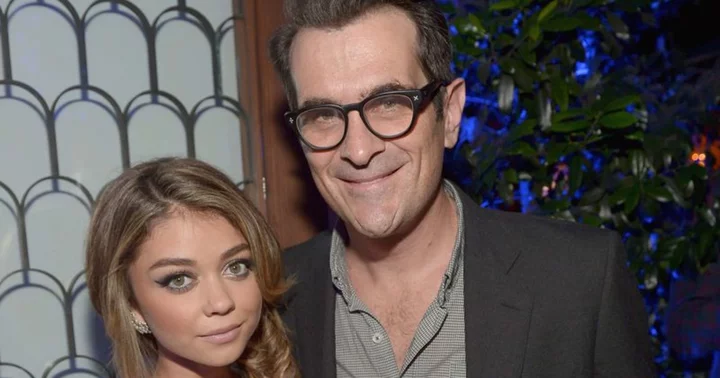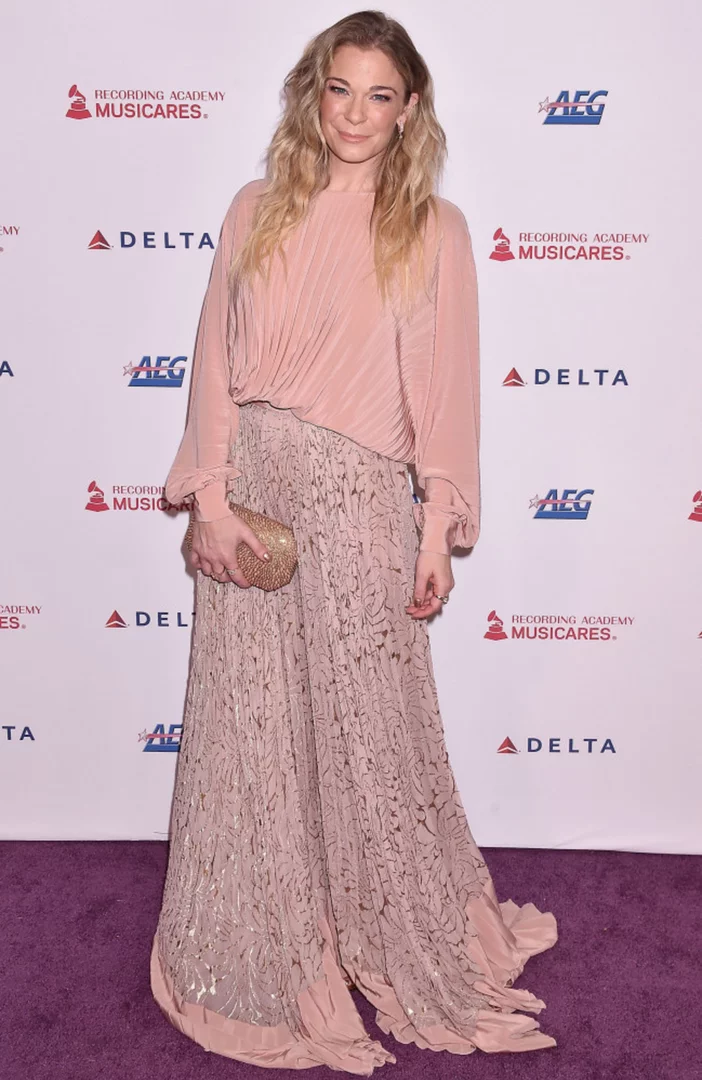Written by James Dearden and directed by Adrian Lyne, 1987’s Fatal Attraction showed audiences just how dangerous sex could be. Michael Douglas plays Dan Gallagher, a married man who has a weekend-long affair with single career woman Alex Forrest, played by Glenn Close. When he breaks off their affair, Alex goes a little nuts. Despite drawing the ire of feminists and frightening men everywhere, the film grossed an impressive $320 million worldwide, earned six Oscar nominations (including one for Close), and ranks number one in the “Psycho/Stalker/Blank from Hell” genre. Here are 11 scintillating facts about the movie, which was released 30 years ago today.
1. THE MOVIE IS BASED ON THE SCREENWRITER’S SHORT FILM.
In 1980, Fatal Attraction screenwriter James Dearden wrote and directed a short film called Diversion. “I was sitting at home thinking, ‘What is a minimalist story that I can do?’ My wife was out of town for the weekend, and I thought what would happen if a man who has just dropped his wife at the railroad station rings this girl who he's met at a party and says, ‘Would you like to have dinner?’” he told The New York Times. “It’s a little fable about the perils of adultery. It is something that men and women get away with 99 percent of the time, and I just thought, ‘Why not explore the one time out of 100 when it goes wrong?’”
Fatal Attraction producers Sherry Lansing and Stanley Jaffe saw the short and asked Dearden to elaborate on the story. “To turn it into a mass-audience film, I knew there would have to be an escalation of the psychological violence, which in the end becomes physical,” Dearden explained. He says he wasn’t trying to make a social statement about AIDS, but he was trying to say “we can have the most intimate sexual relationships with somebody we know nothing about.”
2. GLENN CLOSE WANTED TO PLAY AGAINST TYPE.
By the time Fatal Attraction came around, Glenn Close was a three-time Oscar nominee who had never been asked to play a sexy role. “When Glenn made it known she was prepared to test, I became fascinated with the idea of using her,” Adrian Lyne told People. “She’s a person you’d least expect to have this passion and irrational obsession. When she and Michael tested, an extraordinary erotic transformation took place. She was this tragic, bewildering mix of sexuality and rage—I watched Alex come to life.”
Close recalled her nerve-racking audition to Entertainment Weekly: “My hair was long and crazy. I’m very bad at doing my hair. I got so nervous, I took a little bit of a Valium. I walked in and the first thing I saw was a video camera, which is terrifying, and behind the video camera in the corner was Michael Douglas. I just said, ‘Well, just let it all go wild.”’
A year after Fatal Attraction’s release, Close kept the sexiness going in Dangerous Liaisons, which garnered her yet another Oscar nod.
3. ADRIAN LYNE WANTED TO DO A DIFFERENT TYPE OF SEX SCENE.
According to Lyne, the only thing audiences remember about the movie is the spontaneous and somewhat goofy kitchen sink sex scene. “But what people take away from the movie is not Glenn Close putting acid on the car or even the last 10 minutes when they are flailing around in the bathroom,” he told MovieMaker Magazine. “What they remember is Michael f*cking her over the sink early on—which was like 30 seconds—and another 30 seconds of them making out in the elevator … but there’s another two hours and five minutes! And I guess it worked or they wouldn’t have gone to the movie.”
In John Andrew Gallagher’s book Film Directors on Directing, Lyne said he didn’t want the love scene to take place in a bed “because it’s so dreary, and I thought about the sink because I remembered I had once had sex with a girl over a sink, way back. The plates clank around and you’ll have a laugh. You always need to have a laugh in a sex scene.” During filming he yelled at the couple, praising them. “If they know that they’re turning you on, it builds their confidence.” He used a handheld camera to film it “so there was no problem with the heat going out of the scene.”
4. CLOSE HAD A HUGE PROBLEM WITH THE NEW ENDING.
Two endings of the film were shot: The first had Alex planting Dan’s fingerprints on a knife and then killing herself while Madama Butterfly played in the background. Test audiences felt unsatisfied, so Paramount decided to re-shoot the ending and make it more violent. They had Dan’s wife, Beth (Anne Archer)—the only untainted character—shockingly shoot and kill Alex as a statement on preserving the American family.
“When I heard that they wanted to make me into basically a psychopath, where I go after someone with a knife rather than somebody who was self-destructive and basically tragic, it was a profound problem for me because I did a lot of research about the character,” Close told Oprah. “So to be brought back six months later and told, ‘You’re going to totally change that character,’ it was very hard. I think I fought against it for three weeks. I remember we had meetings. I was so mad.”
In , Close said she thought Alex was a deeply disturbed woman, but not a psychopath. “Once you put a knife in somebody’s hand, I thought that was a betrayal of the character,” she explained. The main reason the ending was changed was because moviegoers wanted revenge. “The audience wanted somebody to kill her,” Michael Douglas told Entertainment Weekly. “Otherwise the picture was left—for lack of a better expression—with blue balls.” Though audiences wanted Alex dead, Douglas saw that as a compliment. “You were so good in the part that everybody wanted you to be killed,” he told Close on Oprah.
In hindsight, Close thinks they did the right thing in changing the ending. “Bloodshed in a dramatic sense brings catharsis,” she told Entertainment Weekly. “Shakespeare did it. The Greeks did it. That’s what we did. We gave the audience my blood. It worked.”
5. THE MOVIE CAUSED THE PHRASE “BUNNY BOILER” TO BECOME A PART OF THE LEXICON.
In probably the most disturbing scene in the movie, Alex boils Dan’s kid’s pet bunny. The phrase is listed in Urban Dictionary and on the U.K. site Phrases.org. Urban defines it as “after a relationship break-up, the person who wants some kind of revenge, like stalking, or harassment,” and Phrases says, “an obsessive and dangerous female, in pursuit of a lover who has spurned her.” Close herself was uneasy about the scene. “The only thing that bothered me was the rabbit,” she said on Oprah. “I thought it was over the top.”
6. CLOSE HAD THE KNIFE SHE TRIED TO KILL MICHAEL DOUGLAS WITH FRAMED.
In the theatrical ending of the movie, Alex comes after Dan with a knife but doesn’t succeed in getting away with murder. Close told Vanity Fair that she framed the fake knife, and that it’s hanging in her kitchen. “It’s all an illusion. It’s a cardboard prop!” she said. It’s also a rather creepy reminder of the film.
7. THE MOVIE SAVED MORE THAN A FEW MARRIAGES.
The film shows what happens when a married man lets his guard down and embarks on an affair, only to have it destroy his life. “That movie struck a very, very raw nerve,” Close told Daily Mail. “Feminists hated the movie and that was shocking to me. They felt they'd been betrayed because it was a single, working woman who was supposed to be the source of all evil. But now Alex is considered a heroine. Men still come up to me and say, ‘You scared the s**t outta me.’ Sometimes they say, ‘You saved my marriage.’”
8. CLOSE WOULD PLAY ALEX DIFFERENTLY TODAY.
One of the reasons the film was so controversial is the negative way it depicted mental illness. Psychiatrists have said Alex suffered from erotomania, a condition in which a person wrongly believes a person is in love with them. Close spoke to two psychiatrists in preparation for her role, and neither said Alex’s behavior—especially the bunny-boiling—was because of mental illness. “Never did a mental disorder come up. Never did the possibility of that come up,” Close told CBS News. “That, of course, would be the first thing I would think of now.” She also said, “I would have a different outlook on that character. I would read that script totally differently.”
9. DEARDEN ADAPTED FATAL ATTRACTION INTO A PLAY, WITH THE ORIGINAL ENDING INTACT.
In 2014 a stage version of the movie went up in London, starring Natascha McElhone as Alex and Kristin Davis as the long-suffering wife, Beth. Dearden reimagined the script in making Alex more sympathetic, Dan more blameworthy, and returning to the original ending.
“[I] wanted to return to my original conception of the characters in a sense to set the record straight,” Dearden told The Atlantic. “Because while Alex is undeniably borderline psychotic, she is also a tragic figure, worn down by a series of disappointments in love and the sheer brutality of living in New York as a single woman in a demanding career. So whilst remaining faithful to the storyline, I have introduced the ambivalence of my earlier drafts … nobody is entirely right and nobody entirely wrong.”
10. DEARDEN AND CLOSE DON’T BELIEVE ALEX IS A MONSTER.
“Alex is emphatically not a monster,” Dearden wrote in . “She is a sad, tragic, lonely woman, holding down a tough job in an unforgiving city. Alex is not a study in madness. She is a study in loneliness and desperation.” He goes on to write that he regrets “that audiences shouted ‘Kill the bitch!’ at the screen … Did Fatal Attraction really set back feminism and career women? I honestly don’t believe so. I think that, arguably, it encouraged a vigorous debate from which feminism emerged, if anything, far stronger.”
Close doesn’t see Alex as monstrous either. “I never thought of her as the villain, ever,” she said on Oprah.
11. A TV VERSION OF FATAL ATTRACTION WAS KILLED.
In 2015 it was reported that Paramount would be bringing the film to the small screen in what was described as “a one-hour event TV series.” Mad Men producers Maria and André Jacquemetton were set to write and executive produce the show, with Deadline writing that the TV version would show how “a married man’s indiscretion comes back to haunt him,” just like in the movie. The show was set to air on Fox. But in early 2017, it was announced that the project was being killed—at least by Fox—after the producers encountered troubles with both the title and casting (The Hollywood Reporter wrote that both Megan Fox and Jenna Dewan Tatum were said to have passed on the project).
This article was originally published on www.mentalfloss.com as 11 Surprising Facts About Fatal Attraction.

